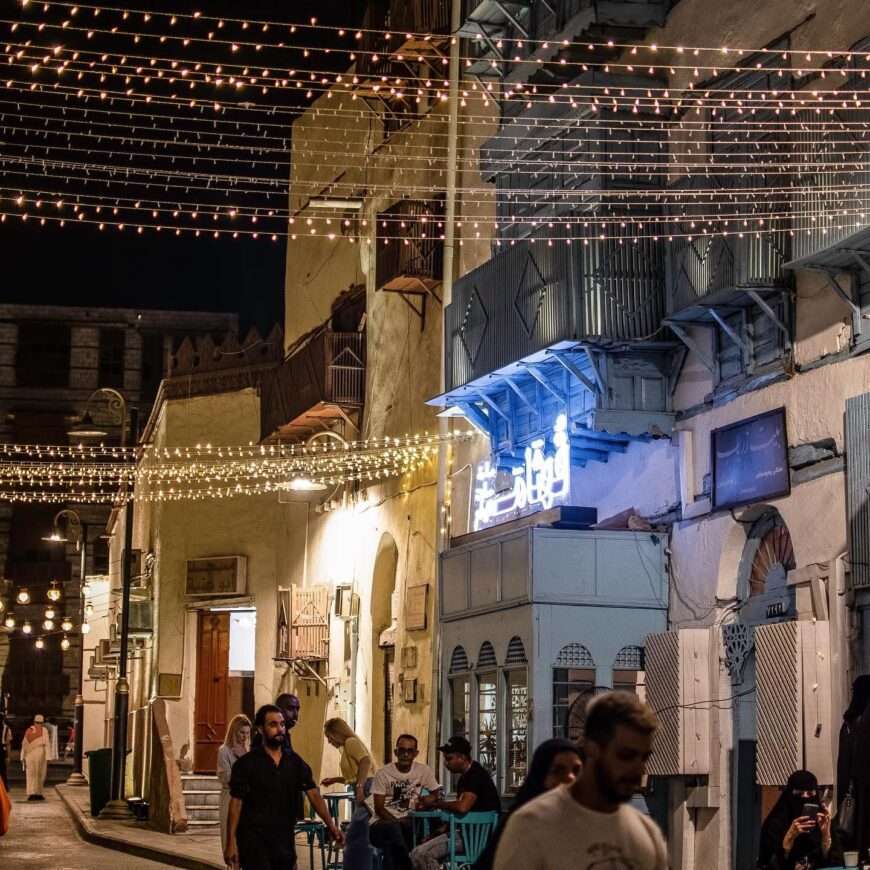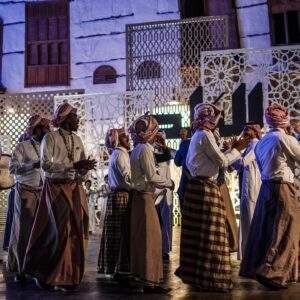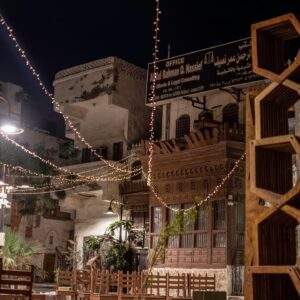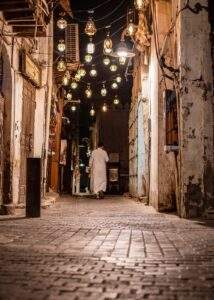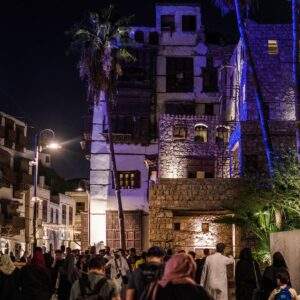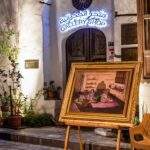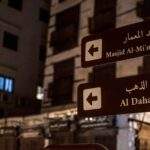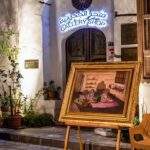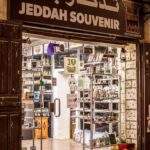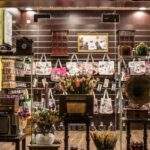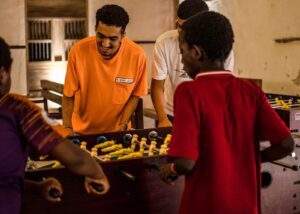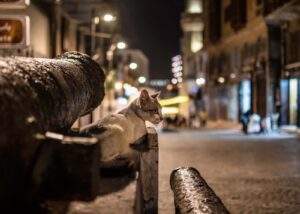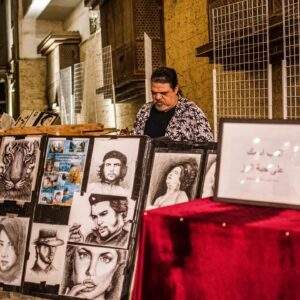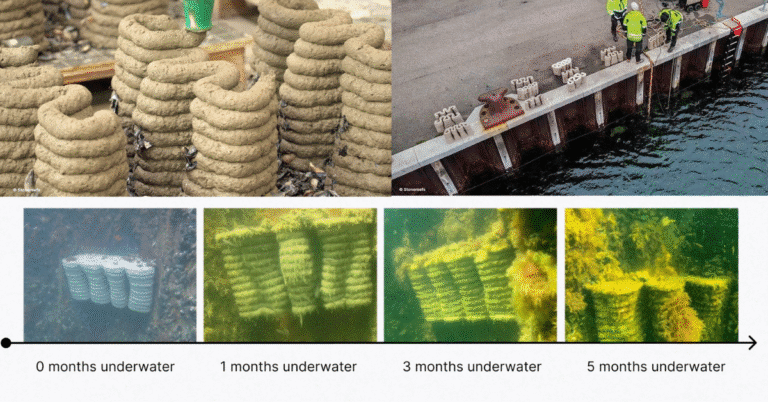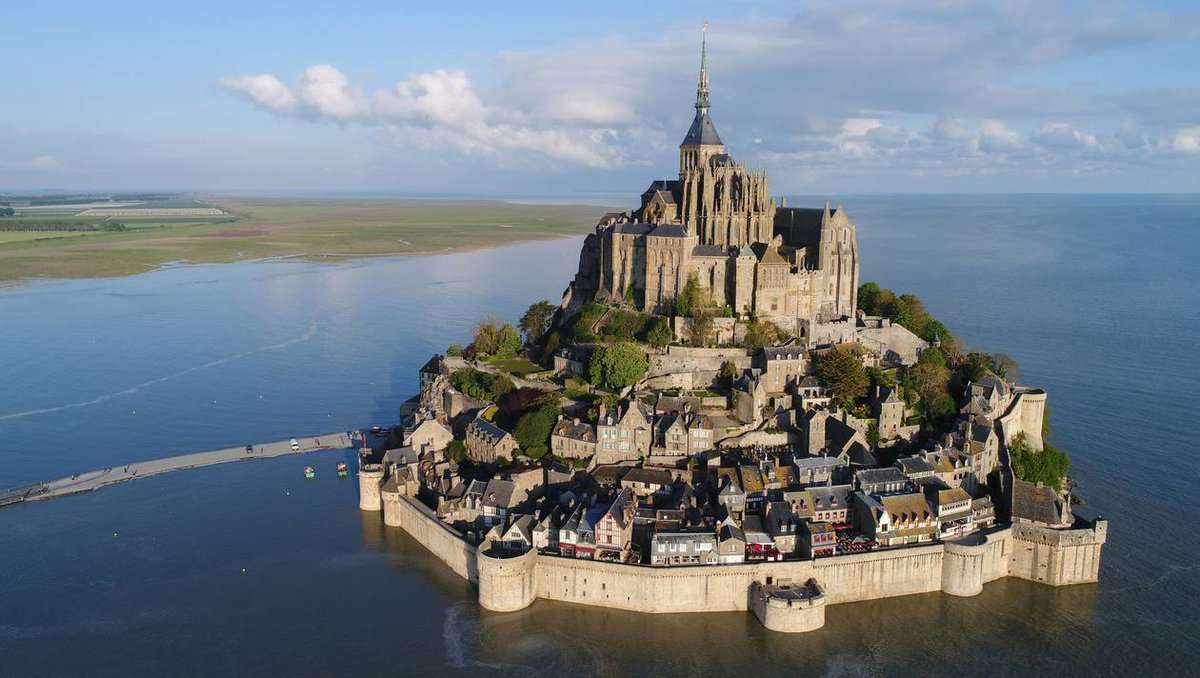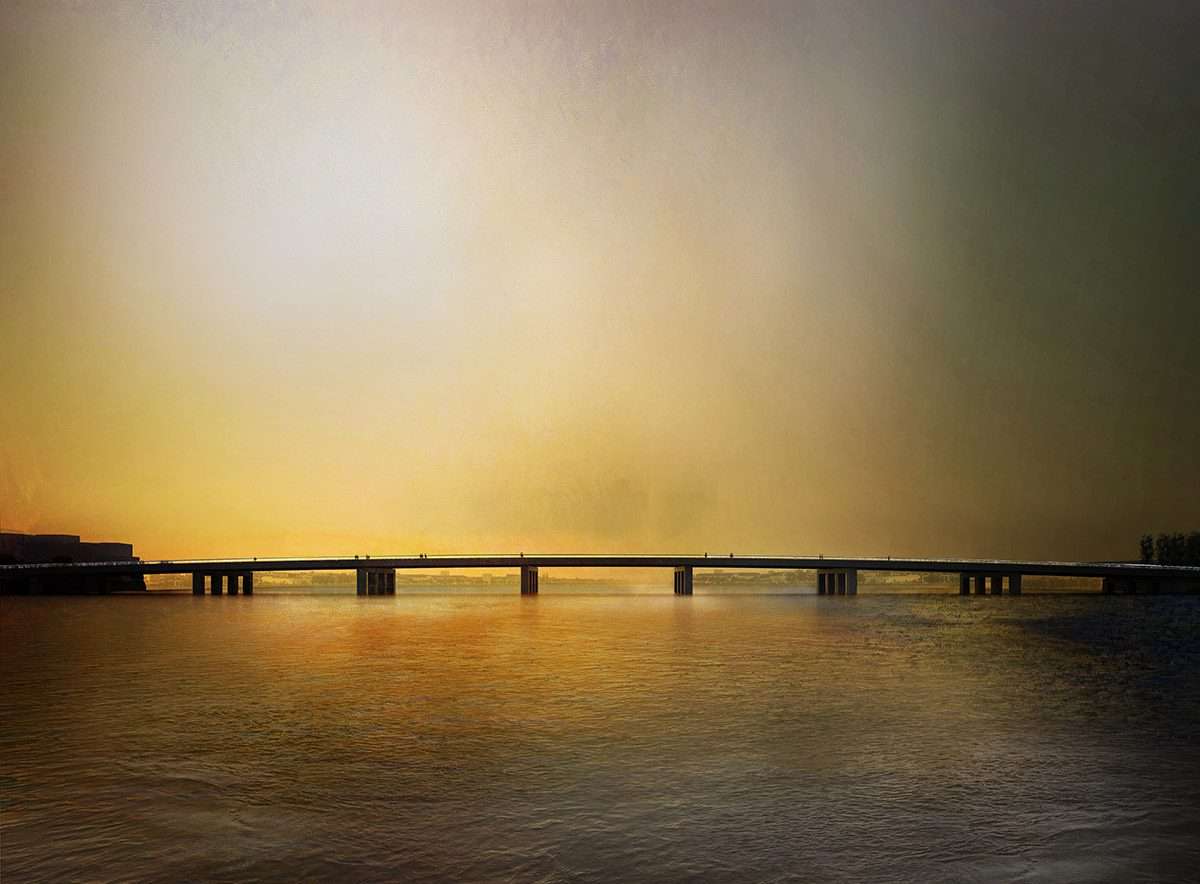Jeddah Al Balad (The Town)
Travel in the holy month Ramadan in Jeddah As one of the most important times of the year for Muslims, Ramadan marks the first revelation of the Holy Quran to Prophet Mohammad (PBUH) with a month-long fast and a focus on good deeds and spiritual contemplation. At the end of Ramadan, Eid Al Fitr is a public holiday that sees joyous street scenes and a multitude of festive events taking place all over the kingdom.
Non-Muslims visiting Saudi Arabia are welcomed to immerse themselves in this annual celebration, and the cosmopolitan city of Jeddah presents a perfect blend of old and new. Visitors here can step into the past through decades-old Hijazi traditions, while also witnessing the modern ways in which new generations of Jeddawis are observing the holiest month of the Islamic calendar.
To make the most of any trip to Jeddah during Ramadan, do as the locals do and conserve your energy during the day. With the fast (sawm) being observed from dusk until dawn, many shops, restaurants and cafes will be closed during daylight. Instead, plan for excursions under the warm glow of flickering fanous lanterns, as sunset sees shutters hurtle open and the city crackle to life.
Step into the past in Al Balad For an immersive experience into longstanding Ramadan traditions of the Hijazi region, Jeddah’s historic center is a must-visit. A UNESCO World Heritage site, Al Balad (meaning ‘the town’) remains the beating heart of the city. During Ramadan and Eid celebrations, its intricate roshan balconies overlook exuberant and aromatic scenes thanks to Jeddah’s renowned Ramadan highlight; street food stalls known as bastas. Hundreds of these pop-up kiosks emerge following Isha, the final prayer of the day, with traders donning the traditional Hijazi turbans and singing songs to promote popular recipes of the region. Many of the chefs only appear during Ramadan and command a loyal and ravenous following.
#انزل_البلد في #رمضان وعيش أجمل حكاية.#رمضان_في_البلد#كل_يوم_حكاية#برنامج_جدة_التاريخية pic.twitter.com/wvoqIW5fqB
— جدة التاريخية (@JeddahAlbalad) April 21, 2022
Longstanding favorites include baleelah; boiled chickpeas served with pickles, and kibdah; fried liver cooked on order, washed down with a wide selection of fresh juices and zabeeb (raisins and mint). During Eid, the streets of Al Balad are drenched in vibrant colors, the locals wear their finest new thobes and dresses, and the food gets noticeably sweeter – there’s date-stuffed mamouls, cream-filled gatayef pancakes mostly served in Ramadan, kunafa pastries and sweet dumplings known as lugaymat mostly served in Ramadan For children flush with Eid money gifted by visiting family, there are also dozens of stalls selling candy, popcorn, toys and traditional games.
https://archup.net/algorithmic-design-of-islamic-parquet-converting-the-sharp-gereh-10-to-soft-gereh/

